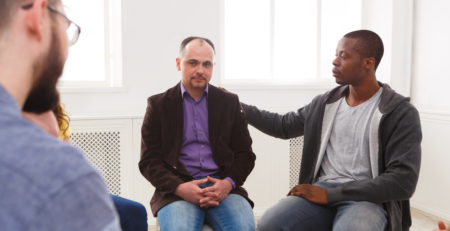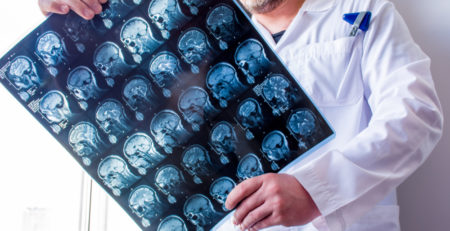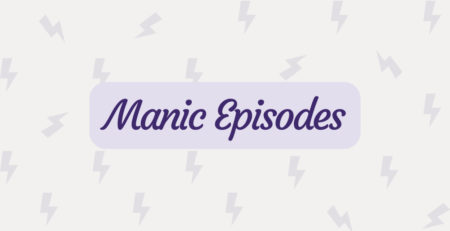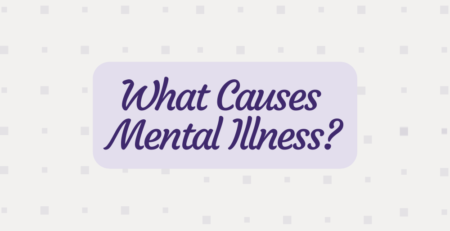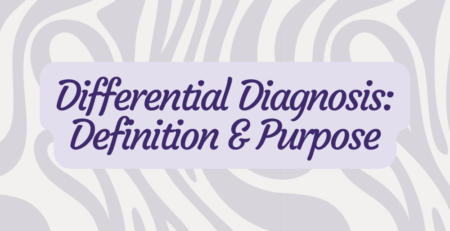What Is a Depressive Episode?
Depressive episodes are a hallmark of many mood disorders, including depression and bipolar disorder. These low points can profoundly affect your outlook and quality of life, making it crucial to ask for help.
Symptoms of a Depressive Episode
A depressive episode is a period characterized by pervasive melancholy or a lack of interest in life, lasting at least two weeks but often much longer. During a depressive episode, you may experience a significant change in your ability to manage daily tasks and fulfill responsibilities.
Depression is more than “the blues” – it is a profound emptiness, often accompanied by a feeling of being powerless to change your circumstances. You may lose interest in previously enjoyable hobbies and activities, feel exhausted nearly every day, or experience changes in your sleep patterns and appetite. A depressive episode can also manifest in unexplained body aches, headaches, or digestive problems. At its most severe, depression may make you think about ending your life.
The DSM-5-TR describes the following symptoms of major depressive disorder. Clinically depressed people must experience five or more of these during the same two-week period.
- Consistently low mood
- Little to no enthusiasm about things like human connections
- Weight and appetite fluctuations
- Slowed thoughts and movements
- Daily fatigue and low energy
- Feelings of worthlessness or guilt
- Trouble thinking, concentrating, and making decisions
- Frequent thoughts of suicide or suicidal attempts
Anhedonia and Depression
A depressive episode will significantly diminish your ability to feel joy or pleasure – a condition known as anhedonia. Anhedonia can make life seem colorless and flat, causing you to become even more withdrawn and isolated. You may discover you no longer look forward to social interactions or tactile experiences like eating.
Similarly, depressive episodes often bring about intense feelings of hopelessness. A persistent belief that your situation will never improve can be paralyzing, affecting every decision and action.
Treating and Managing Depressive Episodes
Mood disorder treatment typically involves a combination of psychotherapy, medication, and lifestyle changes.
- Psychotherapy: Therapies like cognitive behavioral therapy and motivational interviewing can effectively address the negative patterns of thinking and behavior that contribute to depression.
- Medications: Antidepressants such as SSRIs can adjust the brain chemicals implicated in mood regulation.
- Lifestyle adjustments: Regular physical activity, a healthy diet, adequate sleep, and managing stress can improve symptoms.
Are You Ready to Feel Better?
Depressive episodes are debilitating but treatable. At Serene Behavioral Health, we equip our clients with the knowledge and resources to take control of their well-being. Contact us to request help in rediscovering your joy and excitement in life.



